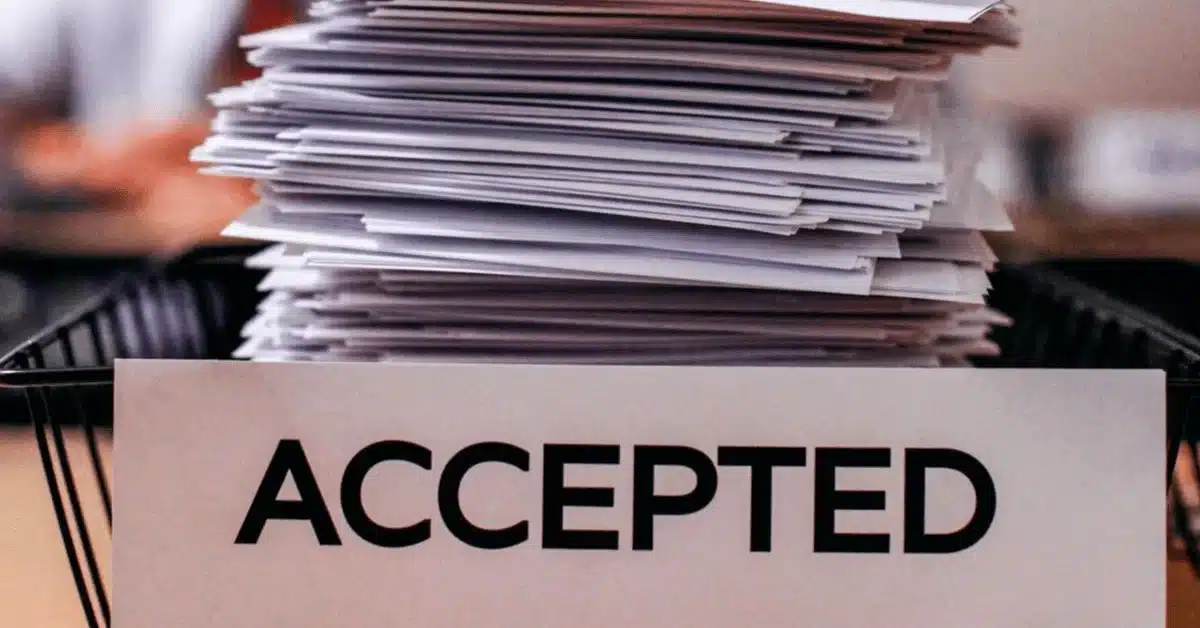The importance of making a will and protecting your assets is often undermined by this question.
This article will explore the benefits of drafting a will and reducing the chances of it being contested in the future.
Why Make A Will If It Can Be Contested?
Making a will is crucial in ensuring your assets are distributed according to your wishes after death.
While it’s true that a will can be contested, there are several important reasons why making a will is still beneficial:
- Clear Distribution of Assets. A will provides clear instructions on how your assets should be distributed after your death. Without a will, your estate will be distributed according to the laws of intestacy, which may not align with your wishes.
- Specify Executors. A will allows you to appoint executors responsible for carrying out your wishes as outlined in your will.
- Protection of Rights. A will can help protect the rights of partners, children, and other dependents. This is particularly important in cases where legal recognition of relationships may be ambiguous without clear documentation.
- Reduced Family Disputes. By providing clear instructions, a will can help reduce potential disputes among family members about the distribution of your assets.
- Gifts and Donations. A will allows you to make specific bequests to individuals or organizations that are impossible under standard intestacy laws.
- Guardianship of Minors. If you have minor children, it is essential to appoint legal guardians for them in the event of your untimely demise.
While a will can be contested, contesting a well-drafted and thought-out will is much more difficult.
A solid will, created with the advice of an experienced wills and estates lawyer, can stand up to most legal challenges. Therefore, the risk of a will being contested should not discourage you from creating one.
Need a Lawyer?
Under What Circumstances Can a Will Be Contested in Australia?
In Australia, a will can be contested under specific circumstances, which may lead to a legal challenge known as a will contest or a will dispute.
A will can be contested in Australia under certain circumstances, including:
- If the will is not valid. This could be because the will was not signed by the testator (the person making the will) in the presence of two witnesses or because the will was made under duress or undue influence.
- If the will does not provide adequate provision for a person entitled to inherit under the law. This is known as a family provision claim. The court will consider several factors when determining whether a person has been adequately provided for, including their financial need, their relationship with the deceased, and the provision made for other beneficiaries in the will.
- If the will was made as a result of fraud or mistake. For example, if the will was made because the testator was deceived about the value of their assets or if the will was made because the testator was mistaken about the identity of a beneficiary.
Also read: How to Stop Someone Contesting a Will
How Can I Reduce the Chances of My Will Being Contested?
Why make a will if it can be contested, and how can you reduce the chances of it being contested in the future?
While it may not be possible to eliminate the chance of your will being contested, there are several steps you can take to reduce the likelihood significantly. Here are some strategies:
- Seek Professional Advice: Engage a solicitor or a professional will writer to ensure your will is valid, clear, and comprehensive. They can guide you in the correct drafting and execution of your will following legal requirements.
- Regularly Update Your Will: Regularly review and update your will, especially after significant life events like marriage, divorce, the birth of children, or the death of a beneficiary or executor. This ensures your will reflects your current wishes and circumstances.
- Be Clear and Detailed: Detail your assets and how you wish them distributed. The more specific you are, the less room there is for interpretation and dispute.
- Explain Your Decisions: If you decide to exclude someone from your will who might expect to inherit, or if you distribute your assets unequally, explain your reasons in a separate letter kept with your will. This can provide clarity and may help prevent disputes.
- Select a Reliable Executor: Choose an executor who is trustworthy, reliable, and capable of handling the role. They’ll be responsible for carrying out your wishes as expressed in your will.
- Gifts During Your Lifetime: Consider distributing some of your property while you’re still alive. This can help to reduce disputes about your will.
- Document Your Capacity: If someone might argue that you lacked mental capacity when you made your will, consider getting a letter from a doctor confirming that you can make informed decisions.
Learn more: The Legal Guide to Contesting a Will Due to Dementia
Will Importance: Father, a Lottery Winner, Passed Away Intestate, Heirs Fighting Over Rights
Will importance should not be underestimated. A client came to us when her father, a recent lottery winner, passed away intestate. He had two families, and our client’s half-siblings were denying her rights to their father’s fortune.
Without a will, Queensland’s intestacy laws dictated the distribution, leading to a potentially unfair split. We presented evidence of our client’s honest relationship with her father and navigated the complex legal process, advocating for her rightful share.
Through Walker Pender Group’s expertise and dedication, we achieved a favourable outcome for our client. This case underscores the importance of having the will to ensure your assets are distributed per your wishes, preventing possible conflicts among heirs.
Why Make A Will If It Can Be Contested?
Unsure why to make a will if it can be contested?
At Walker Pender, we clarify this uncertainty, explaining the importance and helping secure your legacy.
Reach out to Walker Pender today – we’re here to help.




